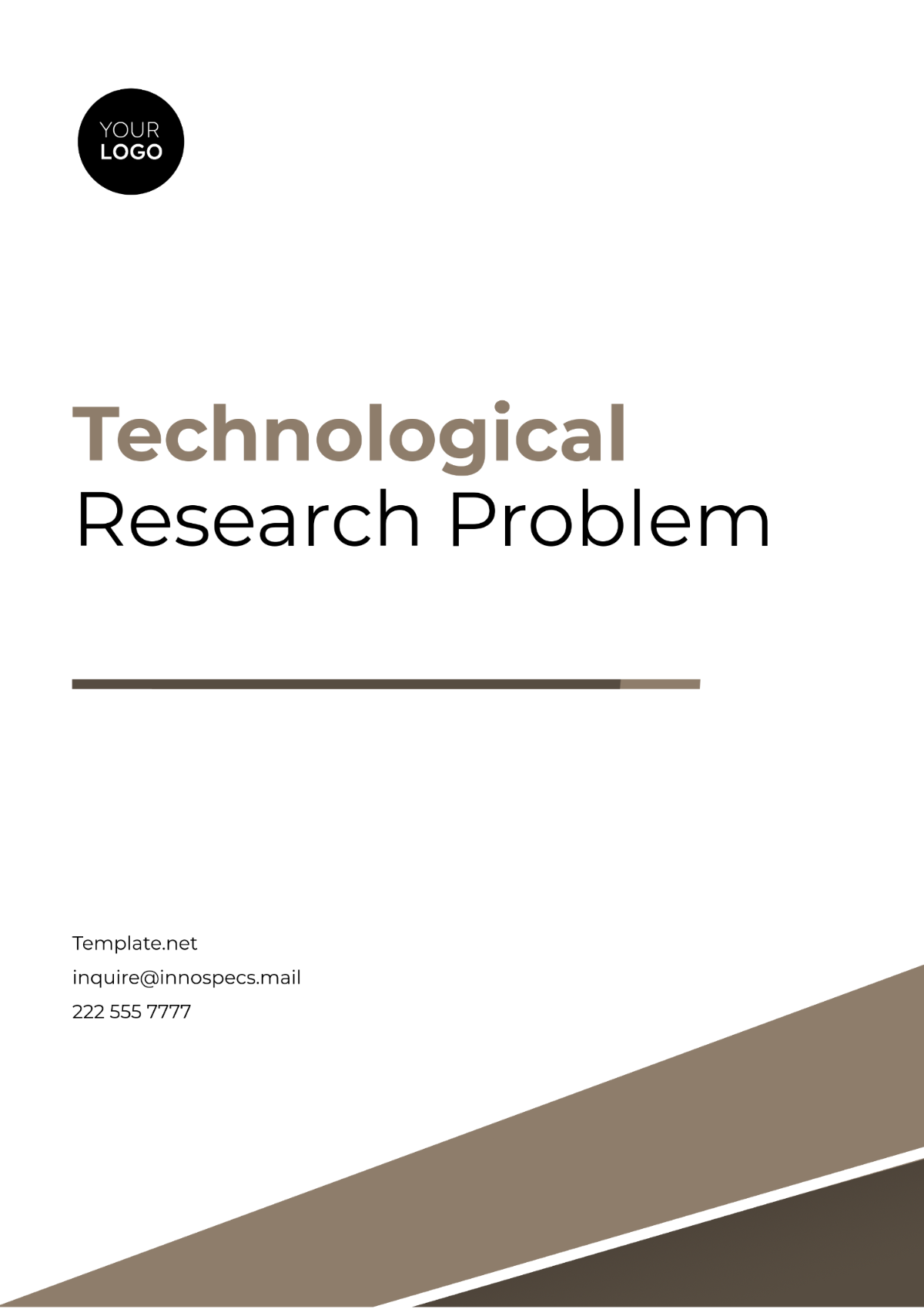Laboratory-Based Research Problem
Introduction
Laboratory-based research problems are scientific questions or issues addressed through controlled experiments and observations conducted within a laboratory environment. This research paradigm is critical for testing hypotheses, validating theories, and gaining a deeper understanding of various scientific phenomena through structured and replicable methods.
Significance of Laboratory-Based Research
Laboratory-based research provides significant advantages, including the ability to control environmental variables, ensure precision, and replicate studies, strengthening the findings' reliability and validity. It serves multiple fields, including biology, chemistry, physics, and medicine, offering critical insights and advancements.
Controlled Environment
Precision and Accuracy
Replication of Studies
Facilitation of Complex Experiments
Components of Laboratory-Based Research
Laboratory-based research involves several critical components, each playing an essential role in the inquiry process. These components are:
Component | Description |
|---|---|
Research Problem | A clearly defined scientific question or issue to be addressed. |
Hypothesis | A testable prediction derived from the research problem. |
Experiment Design | The structured plan outlines the methods and procedures. |
Controlled Variables | Factors that are kept constant to ensure reliable results. |
Data Collection | Systematic gathering of qualitative or quantitative information. |
Analysis | Interpreting data to draw conclusions and recognize patterns. |
Conclusion | Synthesizing the findings to address the initial research problem. |
Research Methodologies
Laboratory-based research can utilize various methodologies depending on the scientific question. Common methods include:
Experimental Research
Observational Studies
Qualitative Assessment
Quantitative Measurement
Challenges in Laboratory-Based Research
Despite its many advantages, laboratory-based research also faces several challenges, such as:
Resource Intensive: Requires substantial financial and material resources.
Artificial Environment: This may not accurately reflect real-world settings.
Ethical Considerations: Ensuring ethical treatment of subjects and samples.
Applications
Laboratory-based research has widespread applications across various fields, including:
Medical Research: Drug development, disease mechanisms, and treatment efficacy.
Environmental Science: Pollution impact assessment and ecosystem studies.
Biotechnology: Genetic engineering and molecular biology advancements.
Material Science: Development of new materials with unique properties.
Conclusion
Laboratory-based research is an integral part of scientific discovery and innovation. By addressing scientific questions through structured and controlled experiments, researchers can provide answers that lead to significant advancements in various fields. Despite the challenges, the benefits of precision, control, and replicability make laboratory-based experiments indispensable for advancing knowledge and technology.
References
American Psychological Association. (2050). Publication Manual of the American Psychological Association (7th ed.).
Smith, J. (2051). The Essentials of Laboratory Research. New York: Academic Press.
Jones, A., & Brown, B. (2054). Laboratory Methods in Physical Science. London: Science Publishers.

















































